The US swine industry, including the Swine Health Information Center, continues to prepare for the possible incursion of Japanese encephalitis virus in pigs. The threat of JEV has prompted the USDA APHIS Veterinary Services division to issue a statement regarding related testing and preparedness. The statement also addresses the diagnostic submission process and USDA plans for further preparedness activities.
Diagnostic testing for any animals with clinical signs suggesting of Japanese encephalitis virus (JEV) is available at no cost to animal owners and producers at the National Veterinary Services Laboratories (NVSL) in Ames, Iowa. Veterinarians and producers must first notify their State or Federal Animal health officials if JEV is on a differential list, and these officials will assist in the submission and sampling as needed. NVSL uses both PCR and sequencing to identify and confirm the virus. While serology has proven useful in the surveillance and diagnosis of JEV in endemic countries, it is of limited use in JEV free countries and will not be offered as an on-demand diagnostic test at NVSL at this time. USDA scientists are actively collaborating with partners to develop and characterize additional diagnostics, and in the future USDA will expand their active JEV research program to the National Bio and Agro-Defense Facility, once the facility is fully operational, to better understand the pathogenesis, evolution and epidemiology of JEV.
USDA APHIS Veterinary Services
October 2023
Contact information for the diagnostic virology laboratory at the National Veterinary Services Laboratory is 515-337-7551 or [email protected].
The US is considered a geographic region at risk for the introduction of Japanese encephalitis, a disease capable of affecting humans as well as pigs. JE is transmitted primarily by Culex mosquitoes infected with the virus. Environmental conditions similar to JEV endemic countries, as well as the availability of susceptible hosts and vectors, create concern for the US pork industry and public health officials. Clinical signs of JEV in the breeding herd includes reproductive failure, delayed farrowing, stillbirths, mummified fetuses, abortions, and weak or shaker piglets.
One of SHIC’s JEV preparedness efforts was the implementation of a systematic literature review led by researchers at Kansas State University to increase understanding of the virus’s biology, components and dynamics of transmission, and environmental factors necessary for incursion and establishment. The same team at KSU is also re-assessing potential pathways of JEV introduction into the US via a risk assessment with funding provided by SHIC. Along with the Center for the Ecology of Infectious Disease at the University of Georgia, researchers at KSU, and the USDA National Bio and Agro-Defense Facility, Foreign Arthropod-Borne Animal Diseases Research Unit are studying the spread of JEV in Australia (2022) to help inform and model the potential spread in the US, should there be a JEV incursion.
Following SHIC’s October 2022 symposium, “Japanese Encephalitis Virus: Emerging Global Threat to Humans & Livestock,” hosted by the Center for the Ecology of Infectious Diseases at UGA, development of a Japanese encephalitis informational website was identified as a priority action item. The site, developed by CEID and sponsored by SHIC, went live in October 2023 and can be found at JEVISN.org.
The Swine Health Information Center, launched in 2015 with Pork Checkoff funding, protects and enhances the health of the US swine herd by minimizing the impact of emerging disease threats through preparedness, coordinated communications, global disease monitoring, analysis of swine health data, and targeted research investments. As a conduit of information and research, SHIC encourages sharing of its publications and research. Forward, reprint, and quote SHIC material freely. For more information, visit http://www.swinehealth.org or contact Dr. Paul Sundberg at [email protected] or Dr. Megan Niederwerder at [email protected].
Copyright 2024 | Swinehealth.org | Website by Heartland Marketing Group